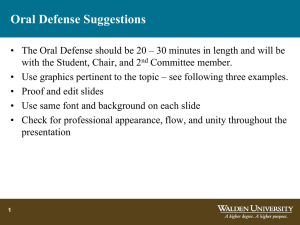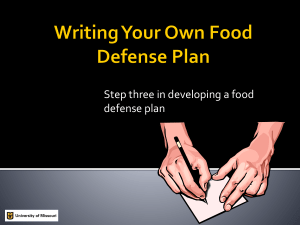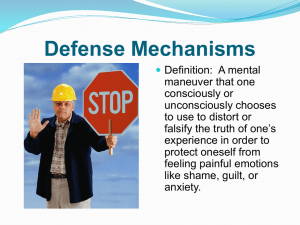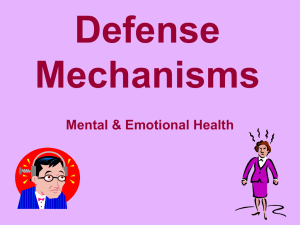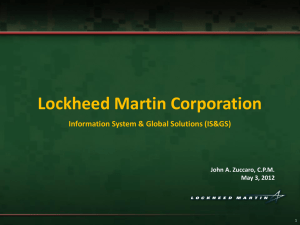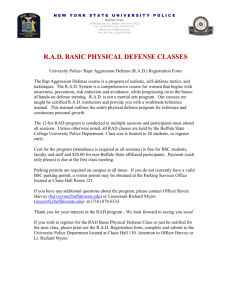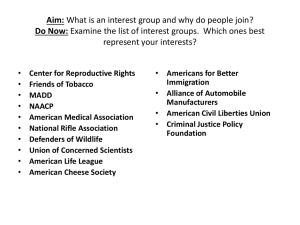新闻英语
advertisement
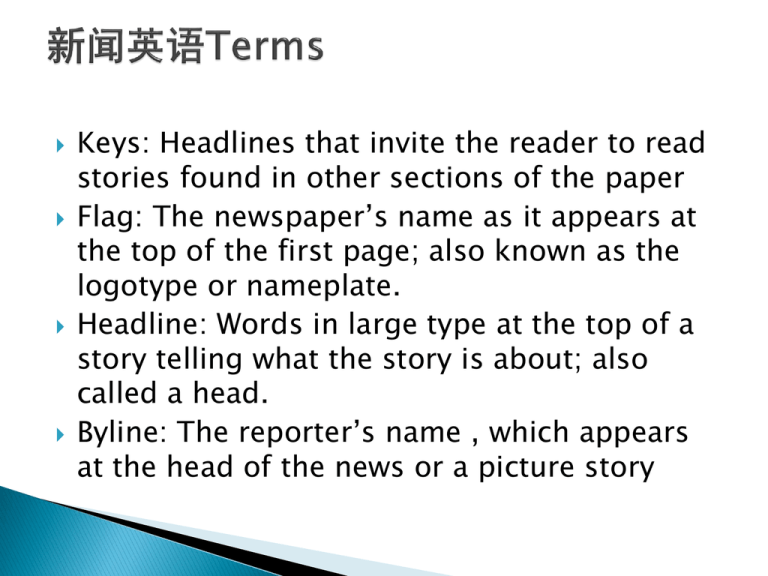
Keys: Headlines that invite the reader to read stories found in other sections of the paper Flag: The newspaper’s name as it appears at the top of the first page; also known as the logotype or nameplate. Headline: Words in large type at the top of a story telling what the story is about; also called a head. Byline: The reporter’s name , which appears at the head of the news or a picture story Dateline: Words at the beginning of a story that give the story’s place of origin. New Story: a story about a new event. Cutline: Explanatory information under a picture or illustration; also called a caption. Lead: The first paragraph or two of a news story, telling who, what, when, where, why/how. Alley: The white space between the columns of news stories. News Services: Name that indicates that information from more that one wire service was used in writing the news story. Jump: To continue a story from one page to another. Shows the most important or most dramatic stories and is constituted by those stories. The lead story is always presented in a heavier, larger headline font than other stories. Carries a wide range of different kinds of news.(local, national and international news) Table of contents guiding you through the whole paper Show characteristics, style and personality. BEIJING - China on Thursday issued a white paper on national defense, aiming to enhance its military transparency and boost the world's trust in its commitment to peaceful development. The document, the seventh of its kind the Chinese government has issued since 1998, says China will never seek hegemony, nor will it adopt the approach of military expansion now or in the future, no matter how its economy develops. It gives an overall picture of China's national defense ranging from the security environment, national defense policy, to defense expenditure and arms control. On security environment, the white paper says the world remains peaceful and stable at large, but the international security situation has become more complex and military competition remains fierce. China is meanwhile confronted by more diverse and complex security challenges, it says. China pursues a national defense policy which is defensive in nature, the white paper says. Such a pursuit is determined by China's development path, its fundamental aims, its foreign policy, and its historical and cultural traditions. The goals and tasks of China's national defense in the new era are defined as safeguarding national sovereignty, security and interests of national development; maintaining social harmony and stability; accelerating the modernization of national defense and the armed forces; maintaining world peace and stability. The white paper reviewed the modernization of the People's Liberation Army (PLA), saying it has grown from a single service into a strong military force featuring a range of services and arms, and is now beginning to make progress towards informationization. The PLA laid down a three-step development strategy and adopted a step-change approach which takes mechanization as the foundation and informationization as the focus. On defense expenditure, the white paper says the increase has been kept at a reasonable and appropriate level. China's defense expenditure mainly comprises expenses for personnel, training and maintenance, and equipment, with each accounting for roughly one third of the total. In the past two years, the increase in the defense expenditure has been used to improve support conditions for the troops and accomplish diversified military tasks, ranging from earthquake rescue and escort operations in the Gulf of Aden and waters off Somalia. In view of the upward trend in purchasing prices and maintenance costs, China has moderately increased the funds for high-tech weaponry and equipment and their supporting facilities. The white paper eyed military confidence-building as an effective way to maintain national security and development, and safeguard regional peace and stability. China is promoting the establishment of equal, mutually beneficial and effective mechanisms for military confidence-building, via strategic consultations and dialogues, border area confidence-building measures, dialogues and cooperation on maritime security, regional security cooperation and military exchanges with other countries. China attaches importance to and takes an active part in international efforts in the field of arms control, disarmament and non-proliferation, the white paper says. The country adheres to the complete fulfillment of the UN's role in this area, and that of other related international organizations and multilateral mechanisms. It considers that existing multilateral arms control, disarmament and non-proliferation systems should be consolidated and strengthened, that the legitimate and reasonable security concerns of all countries should be respected and accommodated, and that global strategic balance and stability should be maintained. The white paper also reviewed the deployment of the Chinese armed forces, national defense mobilization and reserve force building, military legal system, as well as science, technology and industry for national defense. Libya: Narrowing the options Today in London a large gathering of foreign ministers will be attempting to resolve some of the contradictions Editorial The Guardian, Tuesday 29 March 2011 原文 利比亚:渐渐清晰的未来 今天,在伦敦,多国外交 部长会聚于此,他们将就 一些矛盾话题尝试提出解 决方案。 社论 卫报,发布于2011年 3月29日 星期二 译文 The decision to intervene in Libya has been weighed down from the beginning by a heavy load of the euphemisms, ambiguities, and hypocrisies which so often accompany the resort to violence in international affairs. 对利实施军事干预这一决 定,从一开始就遭到了来 自国际社会的重重质疑, 也令此决定制定者承受着 来自国际社会的巨大压力, 尽管国际社会对这一决定 的反应多是采取使用委婉 语,双关语这样的形式进 行评价,但国际社会同时 仍然认为这一决定是一种 凭借诉诸武力来处理国际 事务的伪善之举。 The keenest advocates of action, France and Britain, had to formulate their proposals to the United Nations in narrowly humanitarian terms in order to convince some doubtful nations that they would not pursue regime change directly, and to manoeuvre others, like Russia and China, into a position where they would have looked like reactionary allies of Gaddafi if they had vetoed the resolution which was eventually adopted. 那些最热衷于采取军事行动的 支持者们,法国和英国,为了 让那些存有质疑的国家相信他 们的所为是合理的,也就是说 他们不会寻求对卡扎非政权进 行直接的演变,于是不得不根 据联合国宪章中规定的有限的 几条人道主义条款向联合国提 出要实施军事打击这样的建议, 他们这么做还可以控制和影响 到其它国家的决策,比如说会 影响到俄罗斯和中国,如果俄 罗斯和中国否决了联合国最终 采纳的决议,那么他们将成为 卡扎非政权的反动联盟。


